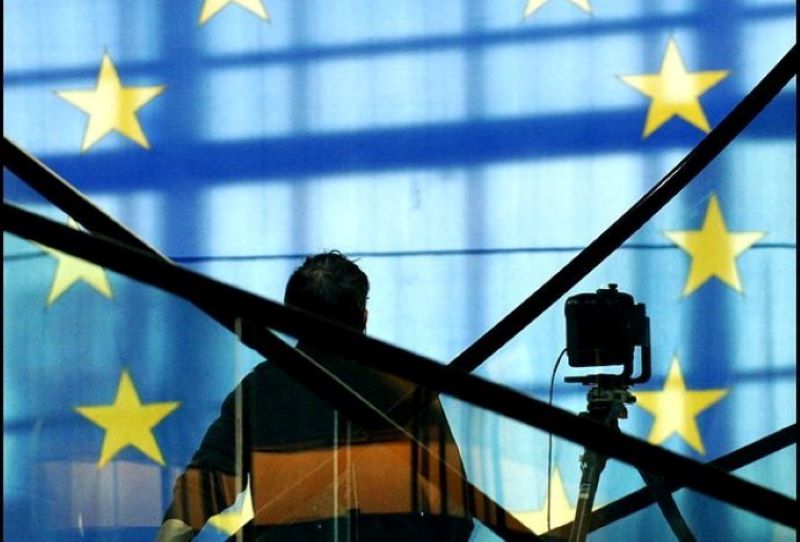Euro elections must go ahead on May 23, UK says

The UK Government has accepted it cannot get its Brexit deal through Parliament in time to avoid European elections in the UK and Gibraltar on May 23.
Theresa May’s effective deputy David Lidington confirmed the elections will go ahead, but said the Government was “redoubling our efforts” to get an EU Withdrawal Agreement ratified by the start of July so the MEPs elected this month never have to take their seats.
Mr Lidington was speaking shortly before cross-party Brexit talks with Labour resumed in Whitehall.
Pressure on both sides to make progress was heightened by their poor performance in last week’s local elections, which both Conservative and Labour leaderships interpreted as a message from voters to get on with delivering Brexit.
Mrs May had been hoping the talks would deliver a compromise deal in time to allow her to call off the European Parliament elections.
But, more than a month after the talks began, Mr Lidington acknowledged time is now too tight to get a Withdrawal Agreement Bill through both Houses of Parliament by the date of the poll.
Speaking at the Cabinet Office in Whitehall, he said that, after its Withdrawal Agreement was rejected three times by MPs, the Government was trying to find “a way forward that has maximum possible support amongst politicians of all political parties”.
“What this now means, given how little time there is, is that it is regrettably not going to be possible to finish that process before the date that is legally due for European parliamentary elections,” he said.
“We very much hoped that we would be able to get our exit sorted and have the treaty concluded so that those elections did not have to take place. But legally they do have to take place unless our withdrawal has been given legal effect, so those will now go ahead.”
“But we will be redoubling our efforts and talks with MPs of all parties to try to make sure that the delay after that is as short as possible.”
“Ideally we’d like to be in a situation where those MEPs never actually have to take their seat at European Parliament – certainly, to get this done and dusted by the summer recess.”
The Prime Minister’s official spokesman said: “On the basis of advice in relation to parliamentary timetables, we will look to complete this ideally by June 30, but if not then, by summer recess.”
When Britain does finally leave the EU, the European Parliament will reduce from 751 MEPs to 705, with 27 of the UK’s 73 seats being distributed among the remaining member states.
Catégorie populaire
Actualités populaires
